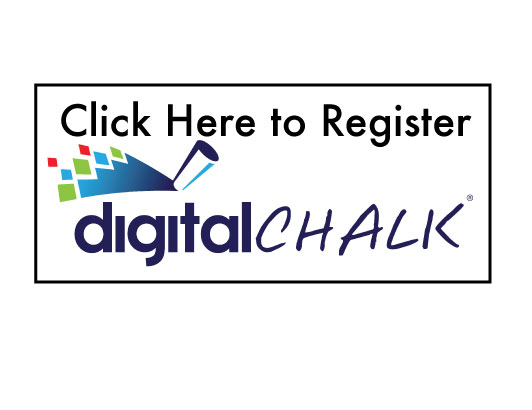2024 NCLEX-RN Nursing Exam Review
Course Description:
This course serves as an educational tool, competency evaluation and NCLEX review. This course DOES NOT license any individual to perform or act within the role of a registered or licensed professional nurse.
The licensing agencies for each state or Board of Nursing has in place approved curriculum guidelines or examination requirements.
This course can serve in a variety of purposes:
- NCLEX Board of Nursing Exam and Review
- Competency evaluation for foreign trained nurses
- Prerequisite for admission to Nursing School
- Provides 8.0 continuing education contact hours
- 300 questions
- 85% passing successful completion
- Score is immediately available with completion
- Certificate of Course Completion available with successful course completion
Course Goals and Objectives:
- Prepare for successful completion for Board of Nursing NCLEX-RN Exam
- Provide nurse refresher courses
- Provide competency evaluation for foreign trained nurses (trained outside of the US)
- Provide as a prerequisite or screening tool for those desiring to enter an accredited nursing program
- Prepare nursing students for clinical rotations
Course Topics and Content:
- Preparing for the NCLEX Exam
- Introduction to NCLEX and the Board of Nursing
- Nursing 101
- Vital signs and normal perimeters
- Urine output
- Hygiene
- Comfort measure
- Pain assessment
- Physical assessment
- CSM- circulation, sensation, motor function or movement
- Neurological assessment
- Signs of patient deterioration or demise
- Shock and vascular access in shock
- Med-Surg topics
- Surgical consideration
- Vascular access
- IV solutions
- Fluid and electrolyte
- Renal
- Oncology
- Endocrine
- Blood and blood component replacement and transfusions
- Estimating blood loss
- Blood transfusion reaction identification
- Whole blood and Packed Red Blood Cells
- Platelets
- Fresh Frozen Plasma
- Hepatitis
- Gastrointestinal conditions
- Gastrointestinal bleeding
- Ulcers
- Abdominal assessment
- Ileus
- Crohn’s disease
- Ileostomy
- Diverticulitis
- Pancreatitis
- Appendicitis
- Cholecystitis
- Nasogastric (NG Tube)
- Dehydration
- Abdominal Aortic Aneurysm
- Surgical wound care
- Wound vacs
- Surgical complications
- Surgical sequential compression devices
- Infection
- Sepsis
- Pulmonary embolism
- Telemetry
- Stroke
- Chest pain
- Pneumonia
- Breath Sounds and Assessment
- Resuscitation basics
- AED Automated External Defibrillators in healthcare setting and beyond
- Airway and oxygen delivery devices
- Bag valve mask ventilations
- Arterial blood gases
- Intubation
- Medication administration
- Medication calculations
- Allergic reactions and anaphylaxis
- EpiPen or Epi administration
- Medication review
- Controlled substances
- The use of Narcan
- Opioid considerations
- PCA (patient-controlled analgesia) pumps
- Digoxin
- Lasix
- Beta blockers
- Calcium channel blockers
- Coumadin and anti-coagulants
- Potassium
- Insulin
- Orthopedic emergencies
- Falls
- Spinal immobilization
- Loss of consciousness
- Compartment syndrome
- Burns and considerations
- Psychological
- Suicidal patients
- OB/GYN
- Pregnancy
- OB and delivery
- APGAR scoring
- Eclampsia
- Prolapsed cord
- HELLP Syndrome
- Newborn assessment
- Newborn respiratory assessment
- The American Heart Association and their role in resuscitation
- Developmental stages
- Cognitive changes
- SBAR for reporting information
- Inter-facility transfers
- Documentation
- Sentinel events
- Medical equipment failure and reporting
- Consideration for nurse patient staffing ratios
- The role of Rapid Response or Medical Assessment Teams
- Critical thinking scenarios
- Chest tubes
Course Completion includes the following:
Course Completion Certificate (available online immediately after successful course completion
Registration Fee: $125.50
To register, click the link below.

